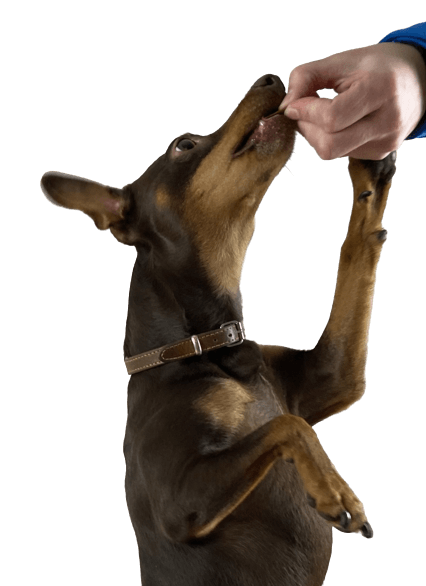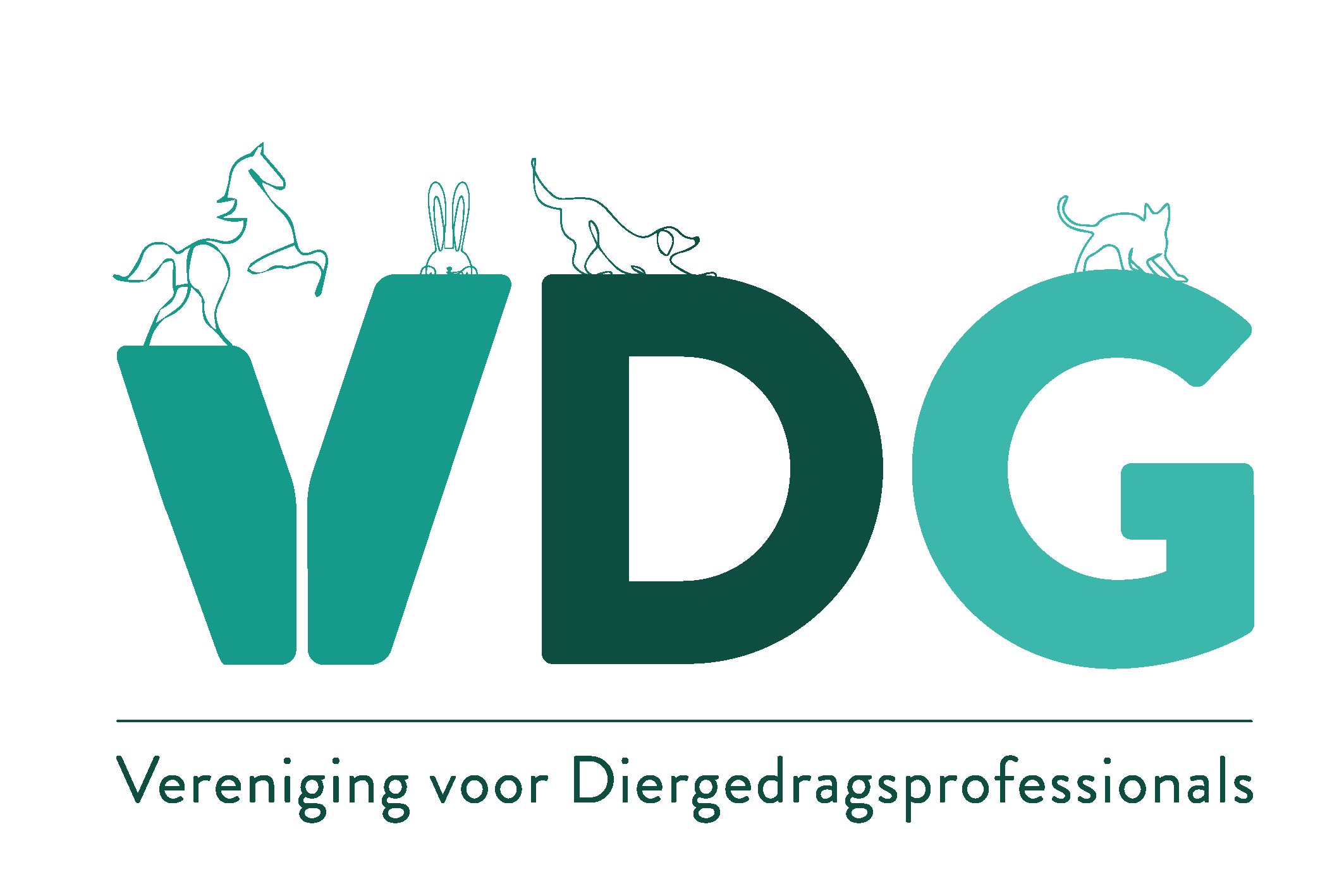Author: Evie Van Hove
My dog has been bitten by another dog: Causes, Consequences and Treatment Options
A dog bite can be a traumatic experience, not only for the bitten dog, but also for the owner. Dogs' reactions to such an event can range from no visible problems to severe anxiety and behavioural problems. In this blog, we discuss what a dog bite can do to a dog and how to work on lasting problems, with an emphasis on the help of a specialised behaviourist.
Consequences of a dog bite
1. Physical consequences
The most immediate consequences of a dog bite are physical injuries. These can range from minor scratches to serious wounds that require medical treatment. It is important to consult a vet for any dog bite to avoid infections or complications.
2. No visible effects
Some dogs seem to experience no lasting problems after a bite. They carry on with their lives as if nothing happened. However, this can be misleading, as the impact of a traumatic experience sometimes becomes visible only later.
3. Anxiety and trauma
A dog bite can lead to fear and trauma. The bitten dog may become afraid of other dogs, new situations or even of certain locations where the bite took place. This fear may manifest as avoidance behaviour, trembling, whining or aggression.
4. Behavioural problems
Dogs that are bitten can develop behavioural problems. They may become aggressive towards other dogs or even humans. There may also be hypervigilance, where the dog is constantly alert and tense.
5. Loss of trust
A dog bite can reduce a dog's trust in other dogs and, in some cases, even people. This can lead to withdrawn or defensive behaviour.
"A dog bite can have several causes, with potentially permanent consequences."
Treatment options for persistent problems
If your dog experiences lasting problems after a dog bite, there are several steps you can take to help him recover:
1. Early intervention
It is important to intervene quickly if you notice your dog showing signs of anxiety or behavioural problems after a bite. The earlier you start treatment, the better the chances of recovery.
2. Consult a behaviourist
A specialised behaviourist can help identify and treat behavioural problems that have arisen after a dog bite. These professionals have the knowledge and experience to create a tailor-made treatment plan specifically tailored to your dog's needs.
3. Positive reinforcement
Use positive reinforcement to help your dog overcome his fear and build new confidence. Reward desired behaviour and create positive associations with situations that cause anxiety.
4. Desensitisation and counterconditioning
Desensitisation and counterconditioning are techniques that can help reduce fearful reactions. This involves gradually exposing your dog to fearful stimuli in a controlled and positive way, so that he learns that there is nothing to fear.
5. Medication
In some cases, medication can help reduce your dog's anxiety and support the recovery process. Consult with your vet to determine if this is a suitable option for your dog.
6. Patience and consistency
Recovering from anxiety and behavioural problems takes time. Be patient and consistent in your approach. Keep working with your dog and give him the time he needs to recover.
Get help from a specialist behaviourist
A specialised behaviourist can play a vital role in your dog's recovery process. They can:
Conduct a detailed behavioural assessment to identify specific problems and causes.
Create a tailored treatment plan that takes into account your dog's unique needs.
Provide guidance and support throughout the recovery process.
Work with your vet to ensure your dog receives the best possible care.
Conclusion
A dog bite can have varying consequences, from no visible problems to severe anxiety and behavioural problems. By intervening quickly and getting the right help, you can help your dog recover and regain confidence. A specialised behaviourist can be invaluable in guiding this process and ensuring the best care for your dog.
Evie Van Hove is PgD Clinical Animal Behaviour, certified puppy coach, dog trainer and behaviour coach. She has been business manager of Pettherapy.be since 2021.





